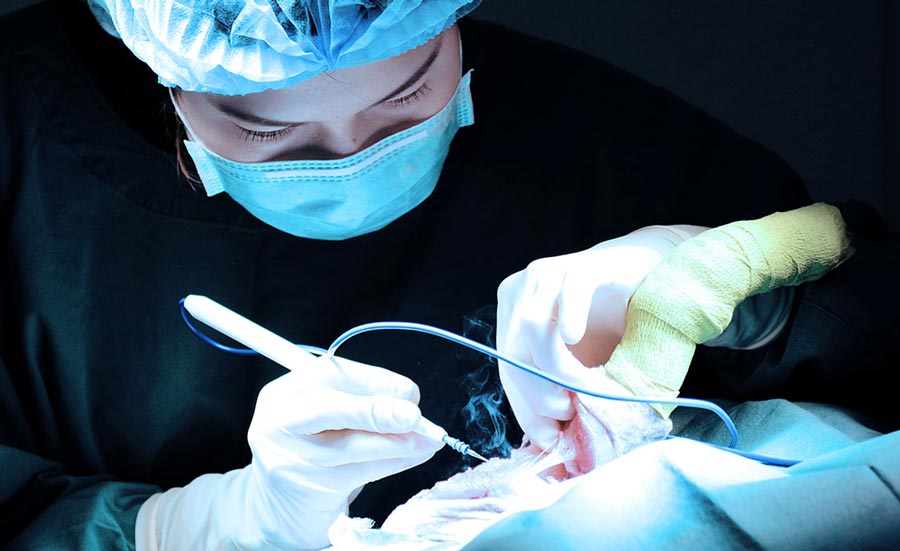Benign Prostatic Hyperplasia, or BPH, is a condition in which the prostate enlarges as men get older. BPH is so common that more than 70% of men ages 60 and over have symptoms. While BPH is a benign condition and unrelated to prostate cancer, it can negatively affect a man’s quality of life.
The prostate is a male reproductive gland that’s about the size of a walnut. It produces the fluid for semen. The prostate surrounds the urethra, which is the tube that carries urine from the bladder out of the body. As the prostate enlarges with BPH, it presses on and blocks the urethra, causing bothersome urinary symptoms and pain.
Prostate gland enlargement varies in severity but tends to gradually worsen over time if left untreated.
Symptoms of BPH include:
- Weak urine stream
- Difficulty starting urination
- Stopping and starting while urinating
- Dribbling at the end of urination
- Frequent or urgent need to urinate
- Increased frequency of urination at night (nocturia)
- Straining while urinating
- Not being able to completely empty the bladder
- Urinary tract infections
- Formation of stones in the bladder
- Reduced kidney function
Many individuals notice BPH symptoms. If you don’t, your physician may find prostate enlargement by performing a digital rectal examination (DRE) or during other urological checkups. If you’ve been diagnosed with BPH or have symptoms of an enlarged prostate, schedule an appointment with Z Urology today.





